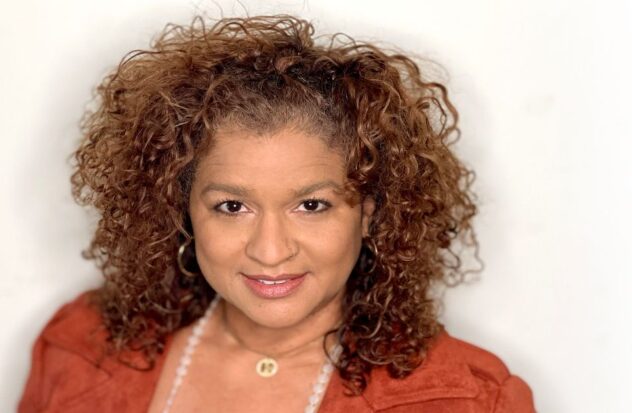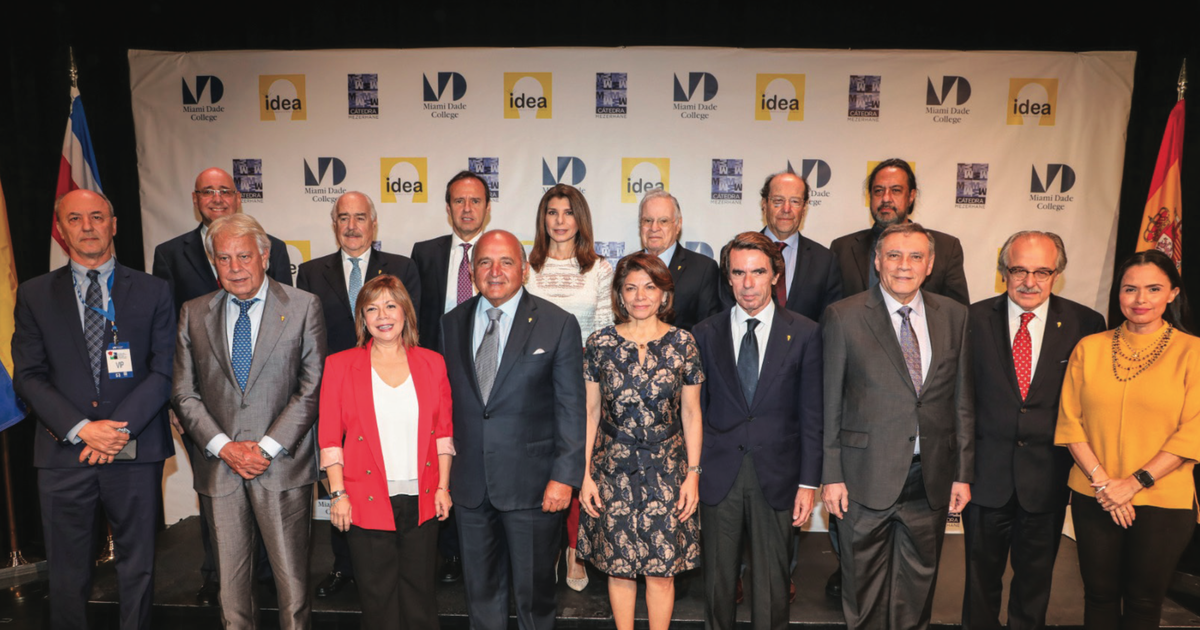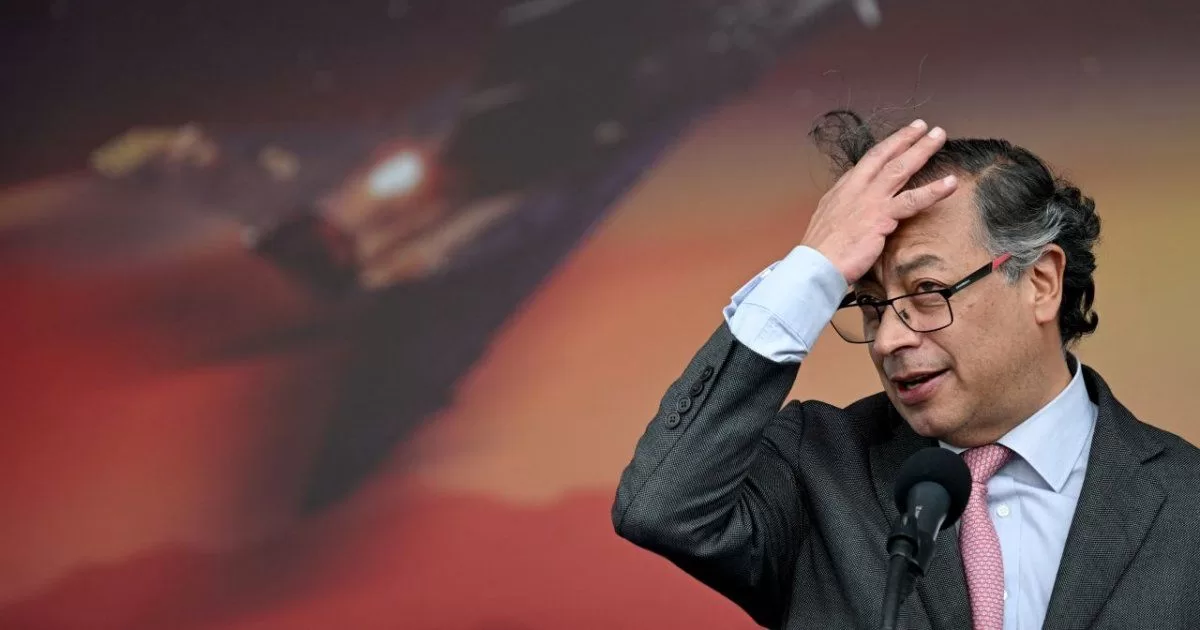MIAMI.- The John S. Carroll Award honors journalists who have made significant contributions to the Media Literacy Project (NLP), named for one of the most revered editors of his generation. This award celebrates a journalism career that leaves a lasting impact on the profession.
The Media Literacy Project is an institution that created the annual award: John S Carroll for Journalist of the Year, with the Venezuelan social communicator, resident in the US, Tamoa Calzadilla receiving this distinction that further commits her to continue doing journalism.
In his speech after receiving the award in Washington, Tamoa Calzadilla thanked the organization and his Factchequeado team. She was accompanied by her husband and her children “who are always with me.”
And he thanked “all the journalists, organizations, donors and audiences who, in the midst of the media industry crisis, the challenges posed by rampant misinformation amid the rise of artificial intelligence (AI), continue to believe that the journalism comes first.”
Calzadilla is currently editor-in-chief of Factchecked, a platform dedicated to combating misinformation in Spanish-speaking communities in the United States. The Venezuelan has worked both in her native country and in the United States, and she faced adverse conditions to defend truth and transparency.
Throughout her career, Calzadilla has received numerous recognitions, including the María Moors Cabot Special Mention from Columbia University and the award from the Press and Society Institute and Transparency International in Latin America and the Caribbean. She is also a former Reynolds Journalism Institute Fellow at the University of Missouri and is currently a John S. Knight Journalism Fellow at Stanford University.
Calzadilla has highlighted the vulnerability of Latino and Hispanic communities to misinformation due to a lack of reliable news sources and limited Spanish-language fact-checking organizations. “For Spanish speakers there are fewer reliable news sources and only three fact-checking organizations,” he explained.
The recommendation is to “check” your emotions first. “When content arrives that provokes a strong emotion, review and think twice because that is probably not true or there is a bit of truth and you need to have the context.”
Secondly, he suggests getting used to asking even your granny or uncle on WhatsApp, what is your source? If the video it shows was recorded by the person or in any case where they obtained it from. And thirdly, always check the link of what they send you because sometimes you think it is from a solid and serious media and just by changing a letter it turns out that it is an imposter media whose link does not correspond.
“I believe that we are shielding ourselves and we are getting a vaccine against misinformation and that is a bit of the message that we bring to the audiences.”
Tamoa Calzadilla did not apply for the award, the organization investigated her work and decided to grant her that recognition, which “was an immense surprise.”
Source: Consultation with Tamoa Calzadilla / Factchequeando / Diario las Américas





